
More than a quarter of the people in Argentina live in conditions of poverty with no formal employment and poor-quality education, according to the World Bank. The country’s high school dropout rate is close to 37% and youth account for a third of those unemployed. Almost 12% of children ages 5-17 are working instead of being in school and 20% need government assistance. Many face malnutrition, a lack of clean water and sewage, and inadequate housing.
Salesian programs in Argentina are primarily focused on education. Salesian primary and secondary education in Argentina helps youth prepare for later technical, vocational or university study. Programs also help to support poor youth and their families meet basic needs of shelter, proper nutrition and medical care in order for students to engage in their education and have hope for the future.
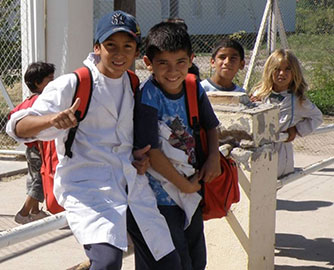
Founded in 1965 in the heart of Argentina’s wine country, the world-renowned Salesian-run Don Bosco School of winemaking and viticulture has consistently maintained high standards in the science and art of winemaking.
Started by Father Francisco Oreglia, a Salesian priest, the Don Bosco School was the first institution of its kind in Latin America and has since become a leader in agro-industrial development both regionally and nationally. Salesian missionaries teaching at the school have witnessed tremendous growth in the winemaking industry throughout the years and today the main Argentinean wineries and agro-industrial establishments rely on the school for its production facilities. Declared “A Provincial Heritage of Tourist Interest,” the Don Bosco School is recognized as the birthplace of winemaking in Argentina.
Originally, the Don Bosco School was developed out of necessity to meet the needs of the local winemakers and fruit growers of the time who required fuller and more mature fruits and winemaking expertise. Farming and winemaking was the backbone of the economy of the Cuyo region and the increasing expansion, both in terms of volume and quality, required trained technical staff who could receive continuing education to enhance their expertise. Students at the school were often poor local youth who might not otherwise have access to education.
In addition, Salesian missionaries have launched the Germinating Young Entrepreneurs project in the small town of Rodeo del Medio in the province of Mendoza. The project, which is providing professional training in beekeeping, gardens and aromatic plants, is expanding the scope of training offered at the local Don Bosco Vocational Training Institute.
In 2018, Salesian missionaries restructured the physical location where the trainings are held. They constructed a new greenhouse, launched the production of aromatic plants, modernized the apiary and built the infrastructure for an educational laboratory and a tool room. Soon after, they launched the courses.
The Don Bosco Institute has expanded over the years through its educational offerings and teaching at all levels including primary, secondary and technical-vocational training. The goal is to provide courses of study that motivate youth and give them a sense of pride in their work.
The Salesian University of Argentina in the city of Bahía Blanca, located in the southwest of the province of Buenos Aires, offers quality education to young people who are looking to continue their academic studies. Its focus is on development and research, advancement in technology, formation of human resources, and attention to innovative practices for the common good of the people and the progress of the nation. Coursework is offered in psychology, law, communication and education, with additional courses added to meet the specific needs of students.
The San José Vocational Training Center in Salta, provincial capital in mountainous northwestern Argentina, offers free evening vocational training to older youth and adults living in conditions of poverty and social isolation. Students come from several different neighborhoods and many have not finished school, but all attend because they want to do something with their young lives.
This center, which also operates the Ángel Zerda Salesian Institute, is among 13 Salesian centers across Argentina that offer a similar program. The purpose of this project is to reduce the unemployment and job insecurity of people who, due to their socioeconomic vulnerability, do not have access to education, have not completed their basic education or have not obtained professional qualifications.
San José Vocational Training Center opened in 2015 in response to the overwhelming need in the region for skills training so that both youth and adults have the opportunities to gain an education to find and retain long-term, stable employment. Since its opening, hundreds of students have attended class and graduated. In addition to accessing job opportunities they wouldn’t have had otherwise, they have challenged themselves to improve their self-esteem, safety, spirituality and quality of life.
Students at the Domingo Savio Salesian Institute, located in the city of Comodoro Rivadavia, recently took part in a service project to give back to their community. The students cleaned and repaired the city’s kindergarten facilities after it was affected by floods that took place in the city in April 2017. Not only did mud and water enter the building, but the flooding also damaged the roof, forcing the school to suspend activities for two days, which stopped education for 20 children who attend the program.
While the kindergarten efforts were made, students from Domingo Savio were visiting homes and neighborhood institutions to assist people hit by the flood damage. The help was part of their “Experience of Service” project.
Salesian missionaries operate the Don Bosco Oratory in Santiago del Estero, Argentina. The Don Bosco oratory operates with a minimal budget but provides a wealth of services for marginalized and at-risk youth. The structure has a youth center, community residence and a church with no facilities to generate income. Everything participants in the program receive is the result of donations and a community partnership facilitated by Salesian missionaries who run the program. The Salesians include Father Silvio Torres, Father Alejandro Jorrat, Father Julián Arroyo and Brother Javier Abregú.
The Don Bosco Oratory includes a residence for boys who attend the Don Bosco secondary school in Santiago del Estero. The housing is offered free for 29 students who are between the ages of 12 and 18 and who are from the areas of Las Tinajas, Copo, Alberdi, Moreno and San José de Boquerón.
From Monday to Friday the boys stay at the residence. They get up, do homework or other activities and at midday they prepare for lunch. They set the table and after meals they wash the dishes and tidy up. The school of Our Lady of the Rosary of Fatima opens its doors to them in the afternoon. On their return home, the boys have snacks and at the end of the day attend workshops and take baking and electro-technical courses or spend time playing sports.
More than 1,200 at-risk Salesian students attending the Sacred Heart Vicariate Educational Center, which consists of five individual schools in Ludueña, Rosario in Santa Fe Province, Argentina, have access to better computer literacy thanks to a Salesian Missions donor. The Salesian Center had outdated, deficient computers that had been donated more than 15 years ago and the government would not provide the school any funding to update its computer lab.
Donor funding has allowed the center to purchase 12 new computers giving students better training opportunities in computer literacy and an improved learning environment. Students are also better able to research and engage in their studies as well as more readily prepare for entering the workforce.
In addition, students at Salesian elementary schools, high schools, and technical and vocational training centers in Argentina have new computer equipment thanks to donor funding from Salesian Missions. More than 2,800 students will be positively impacted by this donation. The project started in 2023 and finished in July 2024.
The Salesian Intercultural Vocational Training Center in Resistencia, the capital and largest city of the province of Chaco in northeastern Argentina, has inaugurated a new building. This new space enables more youth to attend skills training to find and retain a useful profession or trade for their future, build important relationships and improve their quality of life.
The courses, which will last for four months, will be led by members of the Qom community, one of the country’s aboriginal ethnic groups. Courses in pottery, the preparation of baskets, wind instruments, string instruments and other instruments will be offered.
The Salesian Center in Resistencia was initially established on Dec. 8, 1941. Father Horacio Lóvine, Father Juan Rolando and Salesian Coadjutor Francisco Marozzi had been sent to Resistencia to open an oratory for youth and then later an institute. On June 21, 1942, six months after the start of the oratory, the Don Bosco Institute opened. The institute was started initially with 150 students, 45 of whom resided in the internal boarding house.
The structures built for the Salesian Institute also included a vocational training center for youth and adults and a higher formation institute, where since its inception, hundreds have been trained in many different job sectors and fields.
From Argentina

From Argentina

Salesian Missions’ work honors this special day year round. NEW ROCHELLE, NY (Nov. 20, 2025) Salesian Missions, the U.S. development arm of the Salesians of Don Bosco, joins humanitarian organizations and countries around the gl
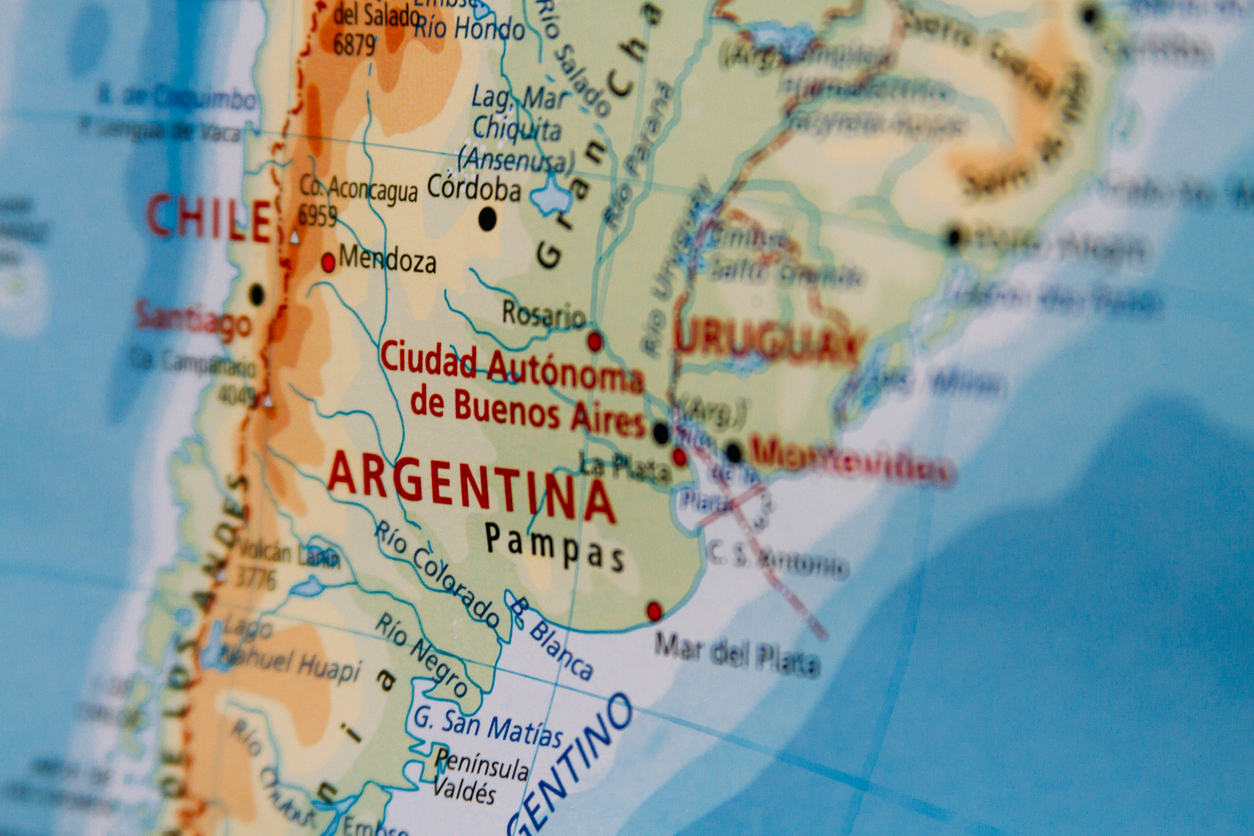
500 participants of national congress gain knowledge to share with youth. NEW ROCHELLE, NY (July 2, 2025) Don Bosco’s Argentine Explorers were able to host a national congress to discuss topics that impact Don Bosco scouting in
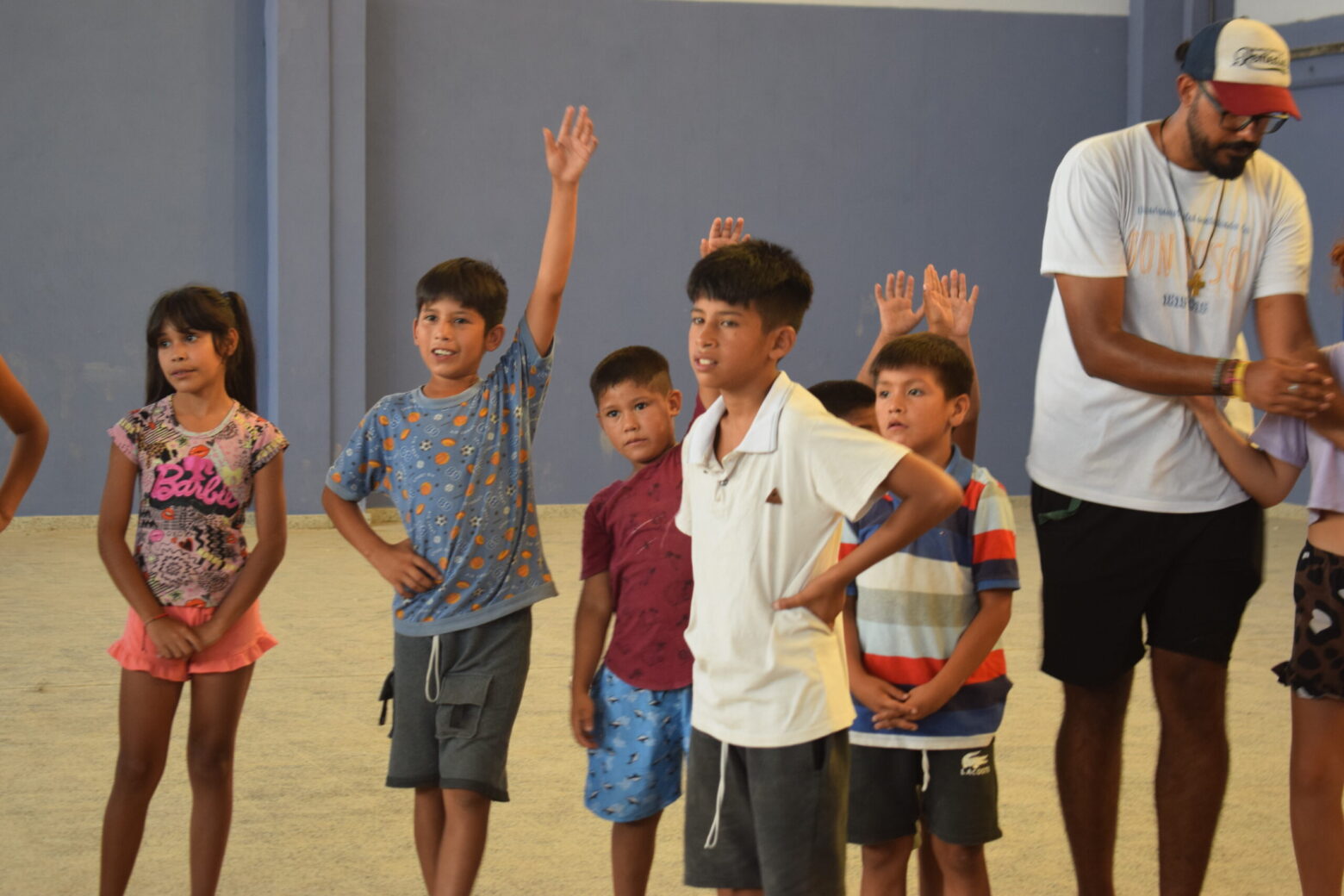
Project impacts more than 2,000 youth across Salesian centers and programs. NEW ROCHELLE, NY (June 16, 2025) Salesian missionaries were able to renovate the Betania gymnasium to provide a safe place for the people in the Ludueña
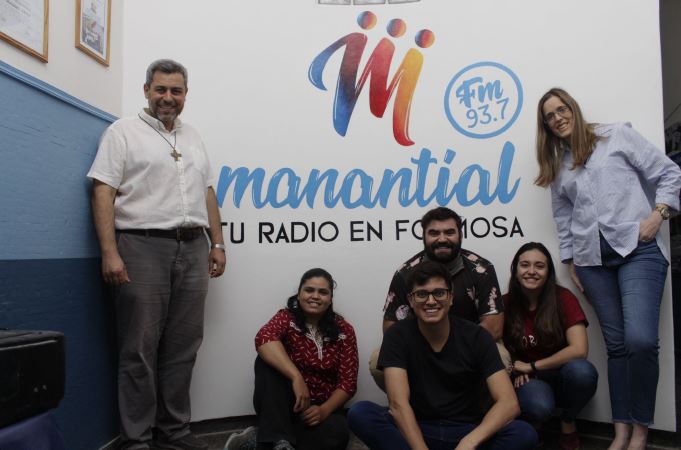
Youth voices promoted through participation, programming. NEW ROCHELLE, NY (March 4, 2025) The Salesian community in Formosa, Argentina is strengthening the work for youth done through Radio Manantial thanks to funding from Salesi

Salesian schools range from primary to vocational, professional. NEW ROCHELLE, NY (Jan. 24, 2025) Salesian Missions, the U.S. development arm of the Salesians of Don Bosco, joins humanitarian organizations and countries around the
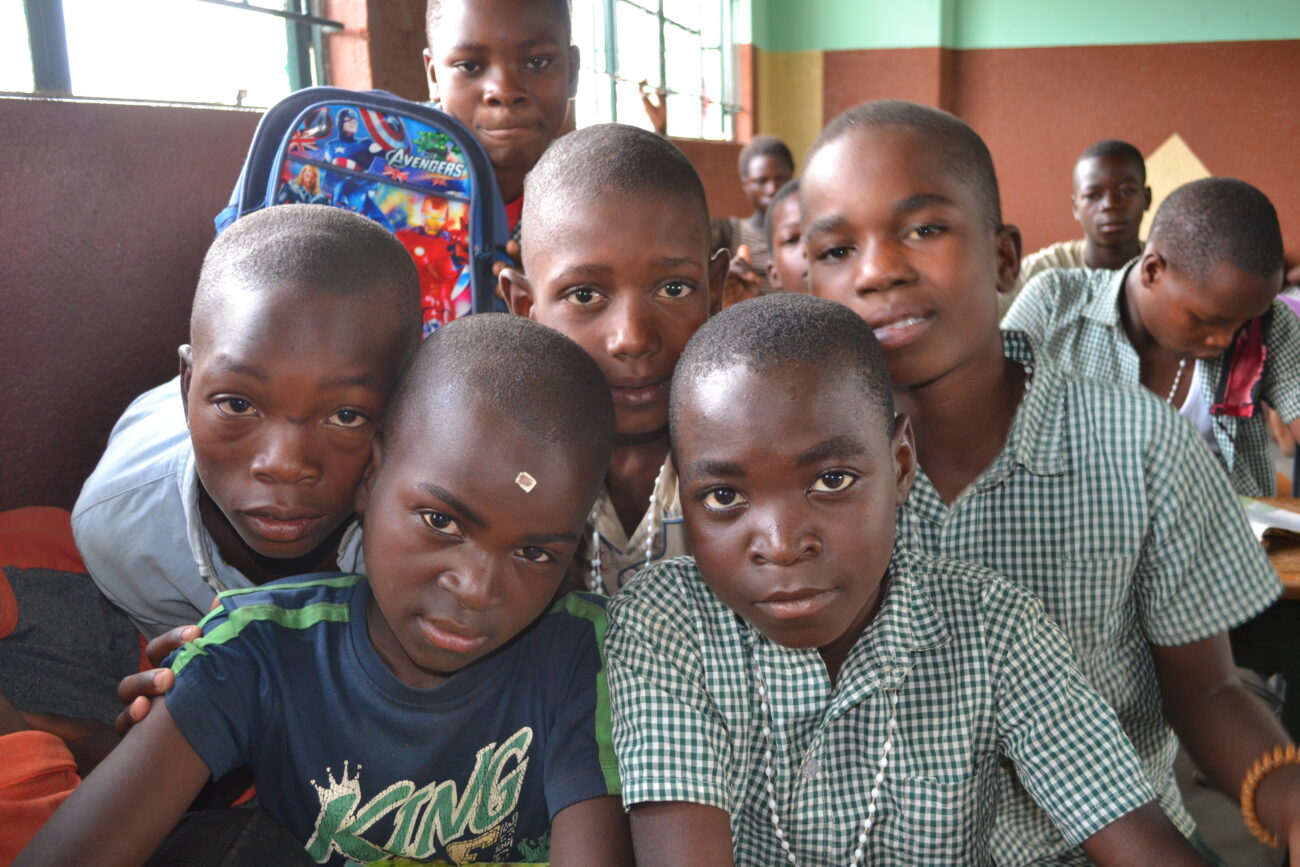
Salesians work in more than 130 countries to help youth and families improve their lives. NEW ROCHELLE, NY (Nov. 17, 2024) Salesian Missions, the U.S. development arm of the Salesians of Don Bosco, joins Catholic organizations aro
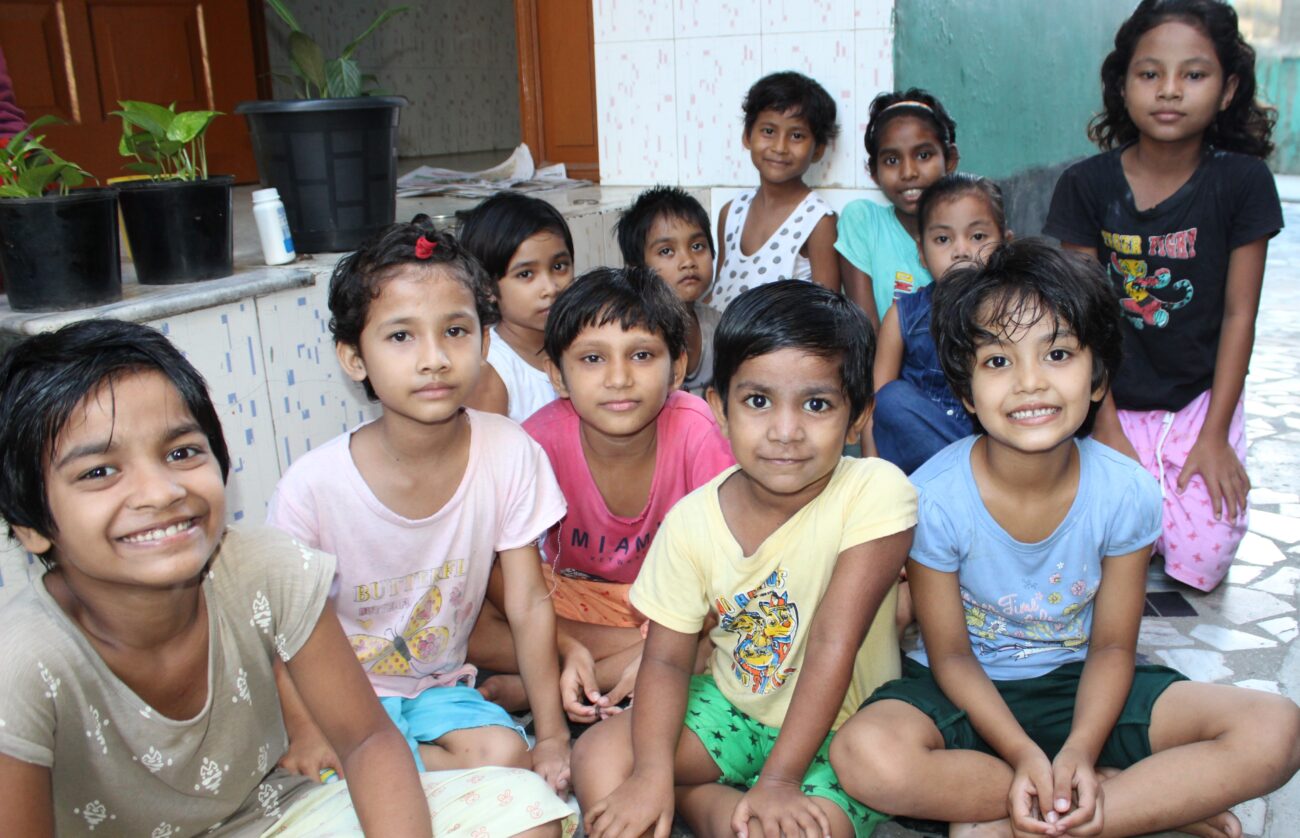
Salesians are ensuring young girls access education around the globe. NEW ROCHELLE, NY (Oct. 11, 2024) Top of Form Salesian Missions, the U.S. development arm of the Salesians of Don Bosco, joins humanitarian organizations and cou
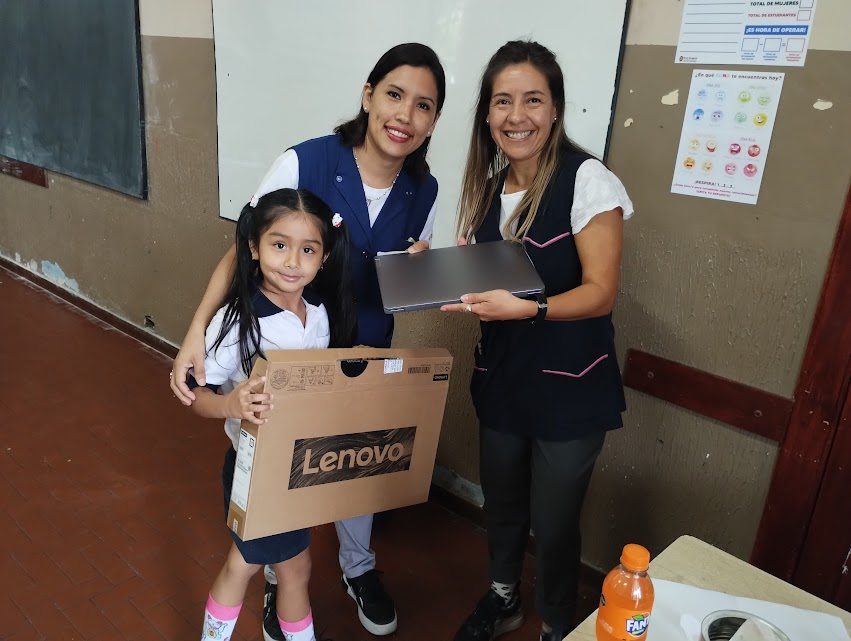
Youth digital pathways for sustainable development is 2024 focus. NEW ROCHELLE, NY (Aug 12, 2024) Top of Form Salesian Missions, the U.S. development arm of the Salesians of Don Bosco, joins humanitarian organizations and countrie

Equipment ensures digital education for more than 2,800 students. NEW ROCHELLE, NY (May 16, 2024) Students at Salesian elementary schools, high schools, and technical and vocational training centers in Argentina have new computer
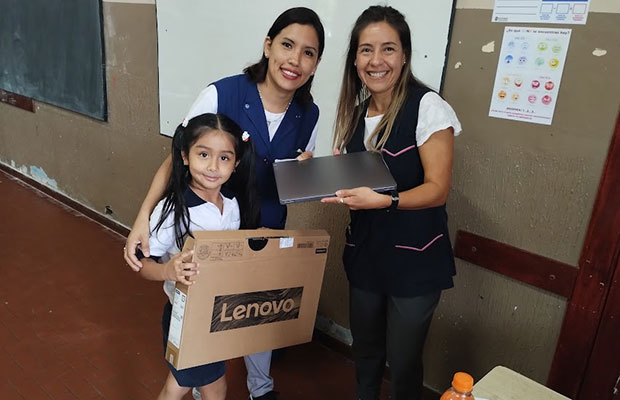
Much like their peers here in the United States, youth across Argentina are eager to learn relevant, cutting-edge skills that will help them succeed in the classroom, further their education, and build rewarding careers. Yet pover
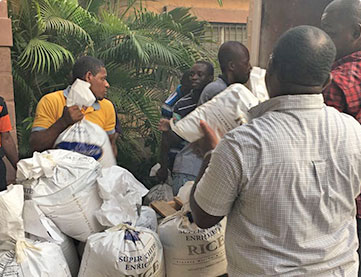
Salesian Missions includes agriculture in its vocational training programs – to ensure that youth of Rwanda learn better agricultural practices as well as keep the school self-sustaining in the face of the country’s food shortages.
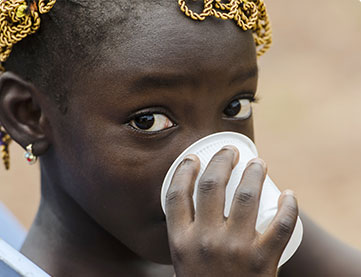
Salesian Missions includes agriculture in its vocational training programs – to ensure that youth of Rwanda learn better agricultural practices as well as keep the school self-sustaining in the face of the country’s food shortages.
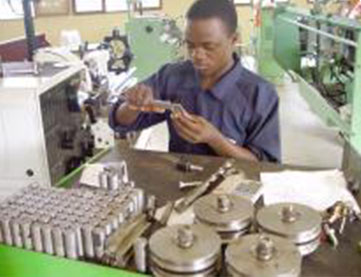
Salesian Missions includes agriculture in its vocational training programs – to ensure that youth of Rwanda learn better agricultural practices as well as keep the school self-sustaining in the face of the country’s food shortages.